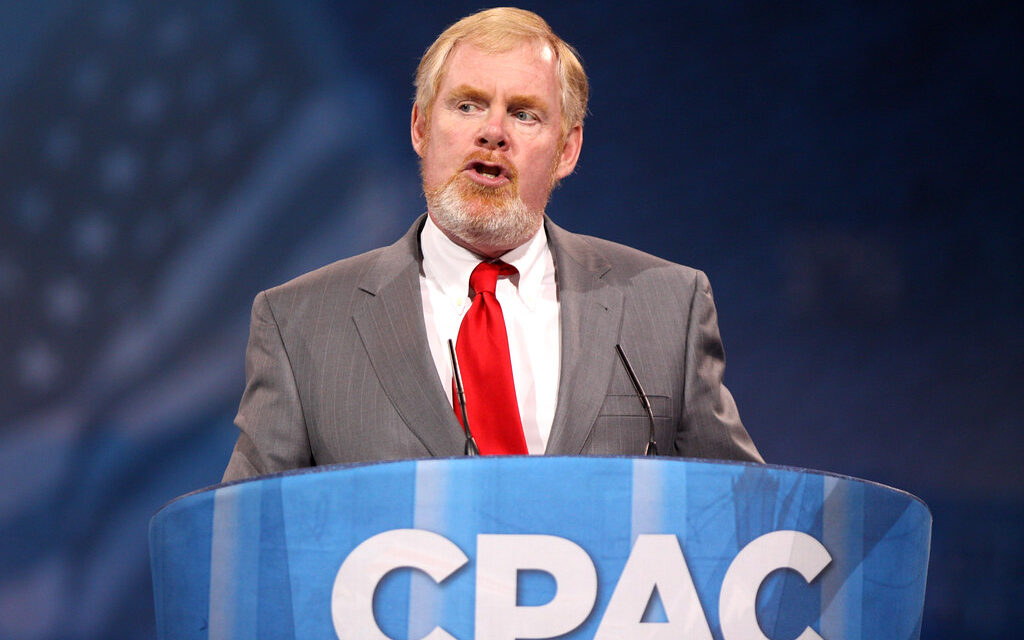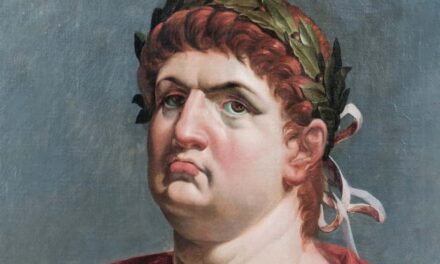Here’s some background for your consideration upon the news that L. Brett Bozell III has been nominated to be the U.S. ambassador to South Africa.
On November 11, 1965, the British colony of Rhodesia declared independence from the United Kingdom. You might think Americans would approve, and you’d be right. Not all Americans approved, mind you, but certainly a good number of them. But it wasn’t for the old-fashioned American reason of throwing off the tyranny of a remote despotic monarch. It was because a lot of racist Americans disagreed with the U.K.’s “No independence before majority rule” (NIBMAR) policy.
The U.K. was in the process of decolonization, including in Africa. White settlers (about 5 percent of the population) had governed Rhodesia with substantial autonomy since 1923, and they wanted to remain in power. The British, however, would not grant Rhodesia independence on those terms. They wanted a government acceptable to all the people of the country.
The Rhodesian government at first attempted a propaganda campaign. They had three target audiences. The first was the majority black population of the country. The second was the British population which they hoped would agitate for a change in policy. The third was the wider world, particularly the anti-communist bloc of the Cold War, led by America. They attempted to cast the nationalist anti-colonial aspirations of black Africans as inauthentic and a product of communist meddling. In this sense, it was consistent with the FBI’s efforts to treat Martin Luther King Jr. and the civil rights movement as agents of the Kremlin.
Naturally, they found some ready allies in America. One preexisting group had been formed in 1961 to support the breakaway colony of Katanga in the Congo which was supported primarily by Belgian mining interests. Dubbed the “American Committee for Aid to Katanga Freedom Fighters” (ACAKFF), it had a notable board of directors, including Republican Sen. Everett Dirksen and segregationist Democrat Sen. James Eastland, and National Review editors/writers William F. Buckley Jr., James Burnham, and L. Brent Bozell Jr.
Typical of the group’s propaganda was a column by Burnham where he declared that what African nationalists want is “to destroy the power and privileges of the white men; to take over their property, or most of it; and to permit white men to remain only as servants and handmaids.”
In 1966, this group became the American African Association and began propagandizing on behalf of the white breakaway Rhodesian government. In 1972, resistance to the government exploded into a civil war that eventually resulted in independence and the establishment of Zimbabwe as a country. During the war, in 1974, William F. Buckley Jr. traveled to Rhodesia to support the white settlers. During the Carter administration, Buckley criticized the president’s “hectic concern for human rights in Rhodesia, practically defined as the transfer of power from an orderly white community to a disorderly black community.”
In the 1980’s, as the world began to focus heavily on the apartheid regime in South Africa, the same cast of American characters came to the that government’s defense. Ta-Nehisi Coates famously wrote that “William F. Buckley—intellectual founder of the modern right—effectively worked as a press agent for apartheid.”
Buckley’s brother-in-law and former fellow board member of the American Committee for Aid to Katanga Freedom Fighters, L. Brett Bozell Jr., had moved his family to Spain in the 1960’s because of the pro-Catholic stance of Francisco Franco’s fascist regime. By the 1980’s, he was suffering from bipolar disorder and estranged from Buckley, but his son L. Brett Bozell III stepped into the breach.
Bozell III is most famous for establishing the Media Research Center in 1987 to fight “liberal bias” in the media. But he had his own role that year in supporting white colonialists in Africa. As Talking Points Memo reports,
In 1987, Bozell was president of the National Conservative Political Action Committee. On January 28 of that year, he wrote a letter to his counterpart at The Conservative Caucus, a right-wing policy group, declaring that his organization was “proud to become a member of the Coalition Against ANC Terrorism.” The group was opposed to the militancy of the African National Congress (ANC), which was the largest Black nationalist organization dedicated to ending the apartheid regime.
The group was organized in an unsuccessful effort to “discourage President Ronald Reagan’s secretary of state, George Shultz, from a planned meeting with ANC president Oliver Tambo.” Later on, Bozell III would criticize positive eulogies for Nelson Mandela.
In keeping with Bozell III’s long career fighting “liberal bias” in the media, Donald Trump initially nominated him to serve as director of the U.S. Agency for Global Media. But, on Monday, that nomination was withdrawn and Bozell III was nominated to be the ambassador to South Africa.
This creates the opportunity for the Bozell family to continue its more than half-a-century of work on behalf of the white settlers of Africa, including South Africa.
And it comes at a tense time. The U.S. just expelled South Africa’s ambassador to the United States, Ebrahim Rasool, who was received back in Cape Town by adoring crowds.
The crowds that welcomed former South African Ambassador Ebrahim Rasool in Cape Town after his expulsion from the United States were so large that he needed a police escort. And Rasool seemed glad to be home.
“A declaration of persona non grata (a diplomat who is unwelcome and unaccepted) is meant to humiliate you. But when you return to crowds like this, and with warmth, then I will wear my persona non grata as a badge of dignity,” he said.
The expulsion of a diplomat is an extremely rare move for the United States, but it was justified in part by accusations that the South African government is pursuing anti-white policies. This idea has been heavily and dishonestly hyped by Elon Musk, who was raised in apartheid South Africa. In fact, the Trump administration is rife with advisers with this background, including “far-right tech billionaire Peter Thiel, who spent formative years of his childhood in apartheid South Africa; US President Donald Trump’s Cape Town-born “AI and crypto tsar” David Sacks; and Joel Pollak, the South African-American conservative political commentator currently serving as the senior editor-at-large of the Breitbart News Network.”
In this light, it makes perfect sense that Bozell III was suddenly plucked to be the ambassador after the expulsion of Rasool. With his family’s record, he can be trusted to continue to fight against de-colonization in Africa.
These things will continue until the fascist regime is defeated.








Damn so all the freaky tech billionaires in Trump’s orbit are apartheid-damaged South African assholes — thanks Booman for summarizing that sad reality.
The richest Apartheid-Americans on the planet are using their wealth and power to Make South Africa Apartheid Again…especially inside the US where they now live and operate.